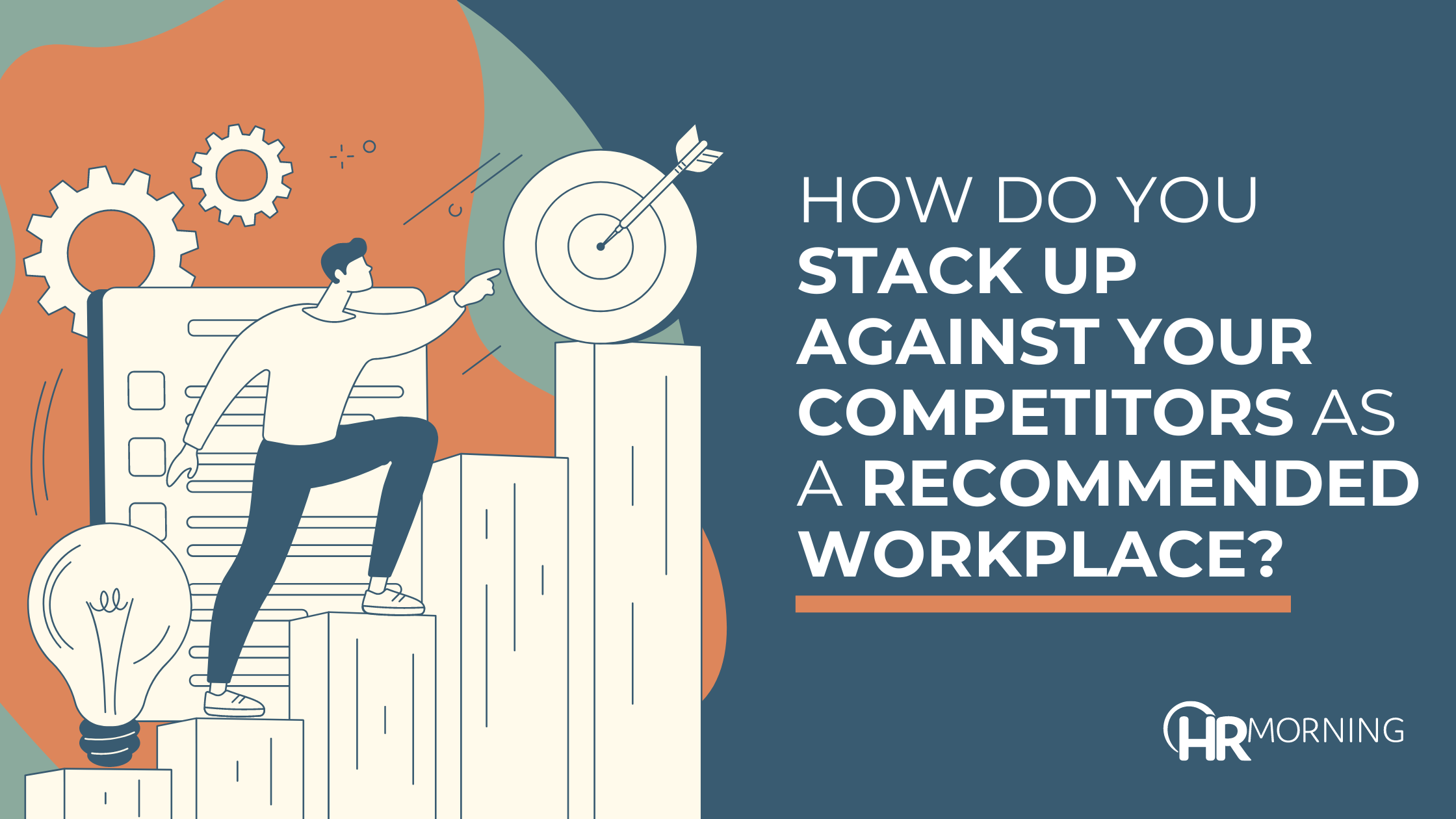Because employee engagement is top of mind for your fellow HR pros these days, you’ve probably heard about eNPS.
It measures how satisfied your employees are, and categorizes them into “promoters,” “passives” or “detractors,” by asking two crucial questions: What’s the numeric rating of how likely you are to recommend this organization as a place to work, and why?
During the opening remarks of the BambooHR Virtual Summit, Brad Rencher, the CEO of BambooHR, shared some eNPS statistics of concern from the company’s research over the last four years. “Employee happiness has steadily declined at a rate of 8%. But 2023 has seen a steep and steady drop, with a decrease of 10% in eNPS since January,” he said, pointing to inflation, return to office policies and recent labor strikes as root causes.
“The impact that employee satisfaction has on your business is less obvious, but it makes a big difference,” Rencher continued, quoting a Harvard psychologist’s hypothesis that every increase of 2% in employee happiness equates to a 1% growth in business revenue.
Interesting eNPS insights by industry
Rencher recommended benchmarking your eNPS scores against other companies in your industry to get an idea of where you stand and where you can improve.
According to BambooHR:
- Construction is the happiest industry. But because it looks like there will be labor shortfalls in this sector, HR leaders in construction need to concentrate on recruitment strategy and training programs.
- Nonprofit employment has grown three times faster than the for-profit sector since 2008 because of mission-driven culture. Nonprofit HR leaders need to highlight how employees connect with the mission and focus on benefits and professional development opportunities.
- In the restaurant/food and beverage industry, there’s major pressure to raise wages. “Employees … want to work in a positive, supportive environment that offers opportunities to grow and build careers,” Rencher commented.
- In the tech sector, happiness has dropped dramatically. A top priority for HR leaders here will be finding the right balance for their teams between remote work and in-office time.
- Education professionals are feeling overworked, underpaid and underappreciated, so HR leaders will need to advocate for adequate compensation, a supportive work culture and assistance for educators helping students navigate lingering challenges from the COVID era.
- Health care is the unhappiest industry. The quit rate is almost 30% higher than it was before the pandemic. It’s important for HR leadership in this field to foster a culture where employees feel valued. “Healthcare workers are … more likely to commit to a values-driven employer who prioritizes high-quality, patient-centered care,” Rencher said.
“You may have to do some digging (beyond your eNPS score) to get all the information that you need – company updates, regular one-on-ones with managers, performance reviews and adding open-ended feedback questions to the eNPS survey,” he said.
Action steps
Depending on what that data shows, HR can take ownership of being the organization’s chief culture officers by:
- Ensuring that every leader is connected to the company’s mission. “They need to be able to communicate it in an authentic way that resonates with their teams. … As managers and leaders, employees will take their cues from you,” said Rencher.
- Highlighting what your mission means to your customers.
- Getting creative with the storytelling around the company’s mission. “Some employees connect with numbers and data, while others connect with customer testimonials. Try to have enough stories that allow you to connect with different pockets of people and learning styles,” he said.
- Promoting well-being by forming employee resource groups to support the personal needs and interests of employees, or minimizing discretionary benefits to maximize investment in paid time off.
For more ideas, click here.


